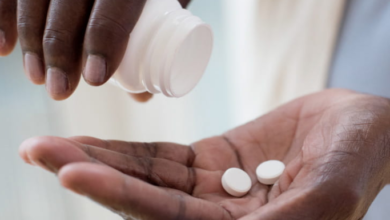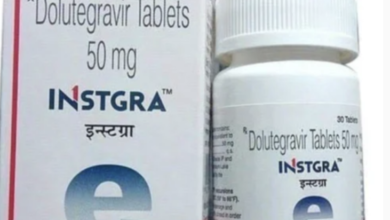“Surprising Thanksgiving Secret: Eat More Turkey to Beat Colitis? New Research Reveals a Game-Changing Link!”

Although Thanksgiving often involves overeating, individuals with inflammatory bowel disease may find an extra serving of turkey beneficial, as per recent research from Thomas Jefferson University. The study, published in the journal Nature Communications, indicates a potential link between foods rich in tryptophan, such as turkey, pork, nuts, and seeds, and a reduced risk of ulcerative colitis flare-ups.
READ: Can This Drug Finally Wipe Out Tuberculosis? Shocking Revelations Unveiled in Latest WHO Report!”
If validated in human trials, this discovery may introduce a novel approach to enhance long-term colitis treatments and outcomes.
Thanksgiving
“Despite existing treatments for ulcerative colitis, not everyone responds to them,” stated Sangwon Kim, PhD, the senior author of the study and an assistant professor of immunology at Thomas Jefferson University. “This disease significantly impacts quality of life and can lead to surgery or cancer.”
Ulcerative colitis involves inflammation of the colon and rectum, prompting Kim and colleagues to explore ways to alleviate this inflammation. Their focus centered on T-regulatory (T-reg) cells, white blood cells tasked with regulating the immune system. The goal was to increase T-reg cells in the colon, disrupting the inflammation cycle causing colitis.
The researchers identified a receptor on T-reg cells, GPR15, acting as a magnet for the colon. Elevating the presence of this receptor, they found, could guide T-reg cells to the inflamed colon. Further investigation revealed that tryptophan, present in foods like turkey, could boost GPR15 production, offering a potential avenue for reducing colitis-related inflammation.
In a two-week experiment, mice supplemented with tryptophan showed a doubling of inflammation-suppressing T-reg cells in colon tissue compared to those without additional tryptophan. Thanksgiving Importantly, these effects persisted for at least a week after removing tryptophan from the mice’s diets.
“In human terms, that might translate to about a month of benefit,” noted Kim, also a researcher at the Sidney Kimmel Cancer Center.
However, adding tryptophan during a colitis flare-up demonstrated limited benefit, suggesting its potential use as a preventive measure rather than a treatment during active disease.
The study also revealed an incidental finding related to smokers’ reduced risk of colitis development. The team identified a molecule prevalent in cigarette and barbecue smoke that increases GPR15 levels on T-reg cells, providing a potential explanation for smokers’ lower incidence of ulcerative colitis. Kim emphasized that while both may protect against colitis, tryptophan is a safer and healthier option.
The next phase involves determining if the observed results in mouse models can be replicated in humans. Tryptophan supplementation, considered safe up to 100 milligrams per day, could potentially offer protective effects against colitis flare-ups in humans, according to Kim.




